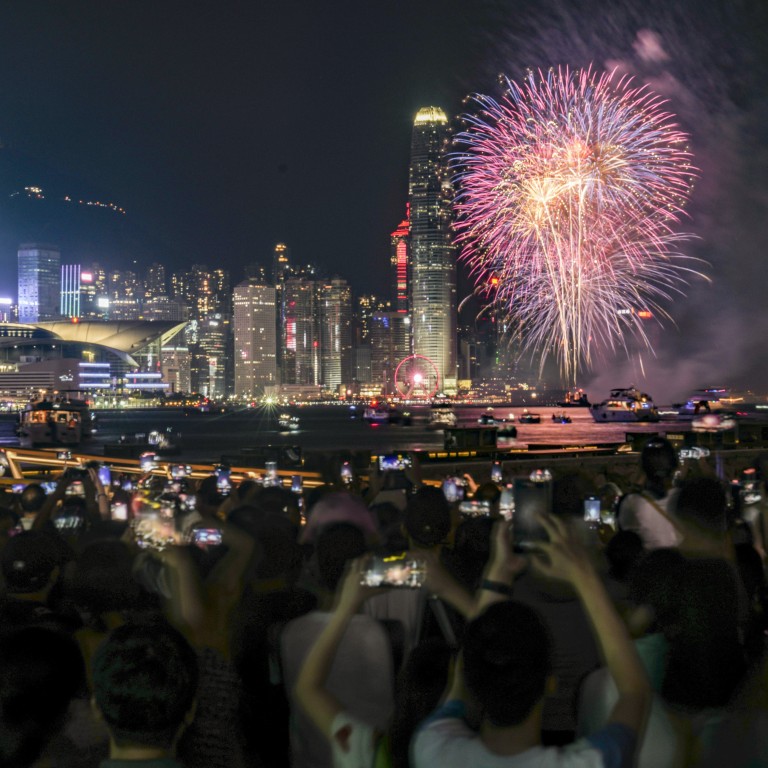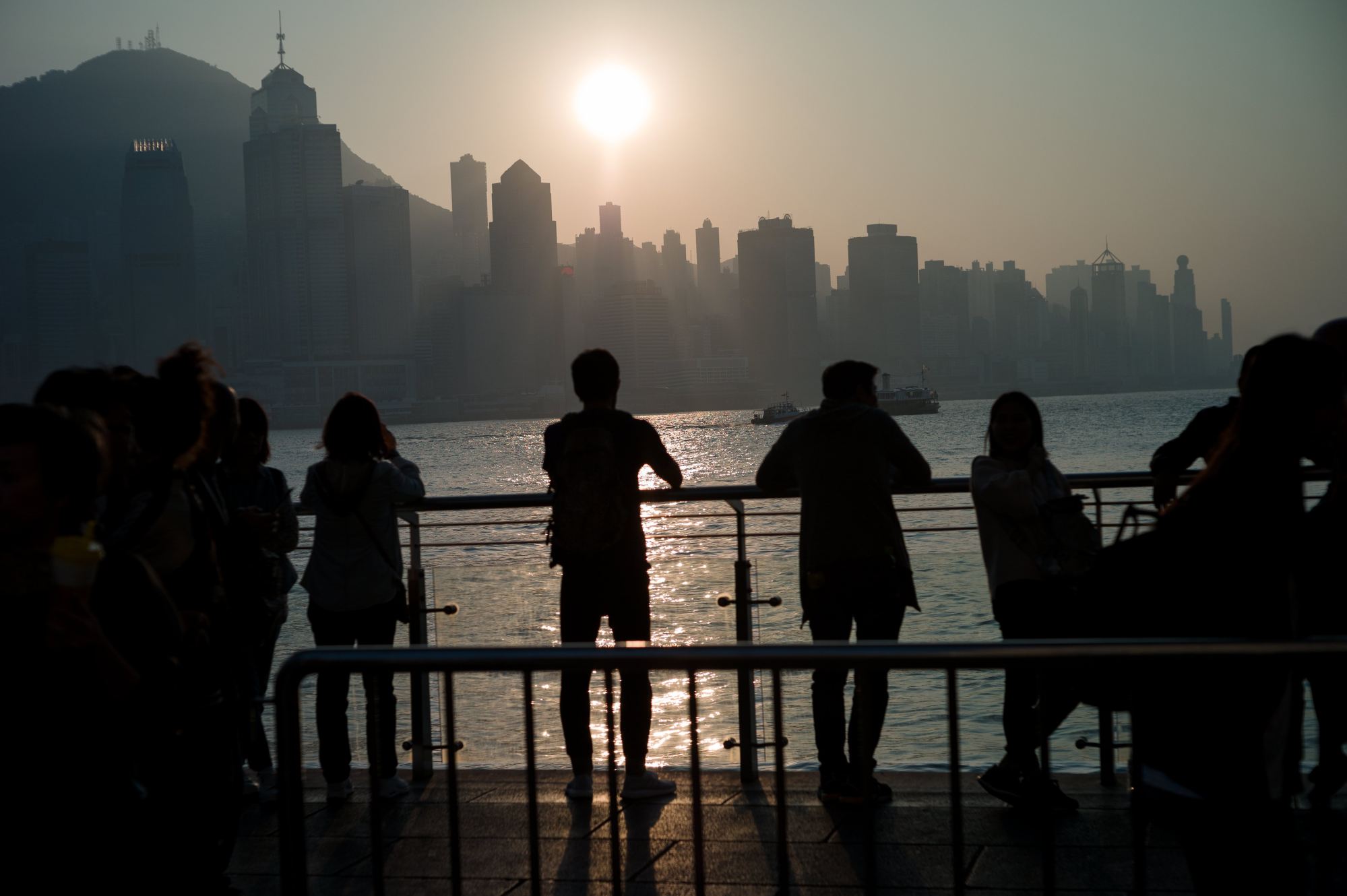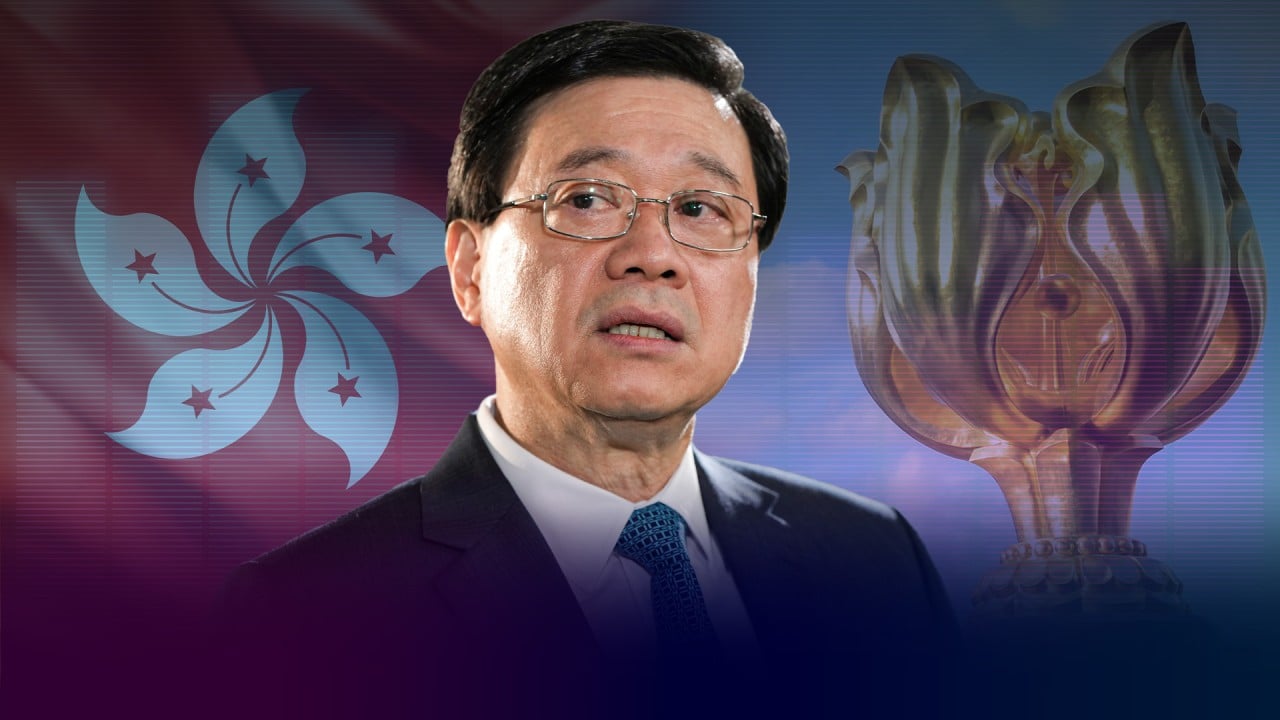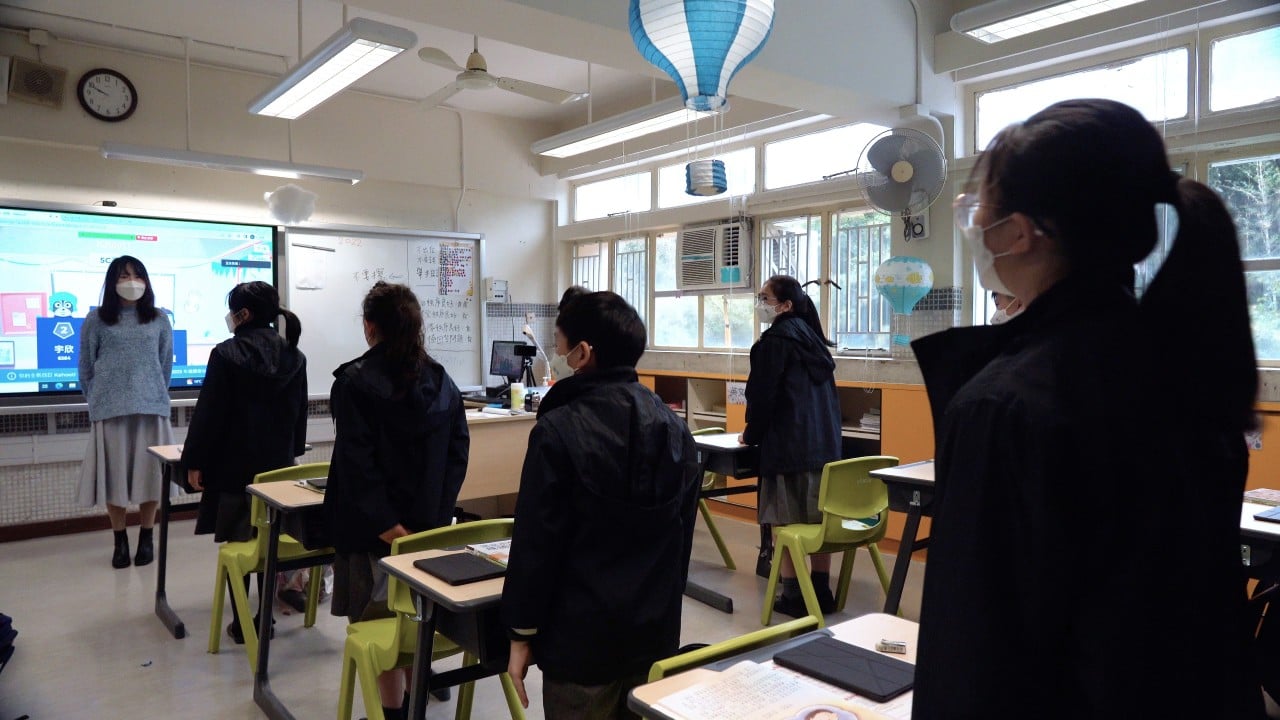
Hong Kong is a mega corporation in need of a clear vision from John Lee
- This is not about patriotism, re-education or marching in lockstep with the mother country. It is about practicality
- Hong Kong’s bright future depends on understanding what lies ahead and seeing that vision well laid out. If you can see it, you can work for it
We are obsessed with the future. No one more so than politicians. After all, that is what dream merchants sell. A “brighter future” is bandied about by think tanks, schools, healthcare professionals and the administration. It is de rigueur, yet few define it.
As tech guru Alan Kay put it: “The best way to predict the future is to invent it.”
What is lacking is youthful optimism and energy. The city has seemingly settled into a Slough of Despond. The future has become a fast dissipating dream for many.

How does one envision the future? Most companies have a charter with enshrined goals. This is not idle symbolism. As a mega corporation, Hong Kong needs to come up with a clear vision to guide endeavour towards a common end.
This is not about patriotism, re-education or marching in lockstep with the mother country. It is about practicality. Above all, it is a reshaping of the city’s identity. Who are Hongkongers and what does their city stand for? What are their values?
The city’s international character sets it apart and offers Beijing unique value. It is a trusted broker with its own highly regarded common law, well-developed commercial case law, and strong intellectual property protection. This is a recipe for international investment flows, a recharged economy and laissez-faire trade.
John Lee’s policy address will need to deliver hope, above all else
Hong Kong has been an independent member of the General Agreement on Tariffs and Trade since 1986 and the World Trade Organization since 1995. It does not win by emulating Shanghai. It does so by finding its true unfettered self; in so doing, it also shields China from political headwinds.
While several departments and consultative committees have their own vision, many of these views-from-a-silo are not interlocked within a coherent blueprint. Hong Kong needs a well-articulated master plan for economic and human development, with clear goals, close inter-agency coordination and better communication with its citizens and long-term residents.
Hong Kong’s bright future is dependent on understanding what lies ahead and seeing that vision well laid out. It is as vital for depressed students as for harried executives and financial investors. If you can see a future, you can play the long game and motor confidently towards it.
Vijay Verghese is a Hong Kong-based journalist and editor of AsianConversations.com and SmartTravelAsia.com



